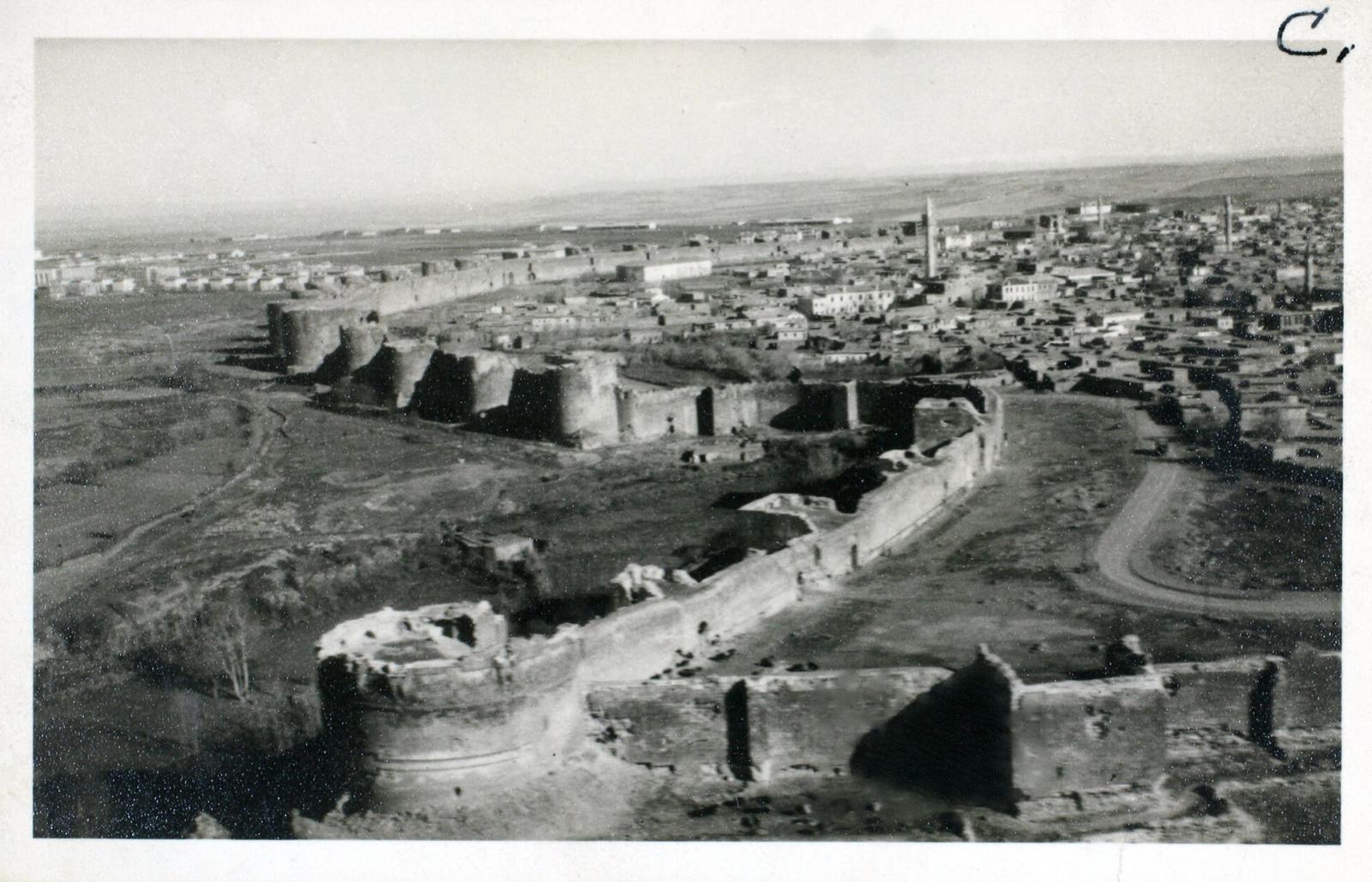Mapping Women’s Cultural Labour in Diyarbakır
December 2021 - August 2022
DIYARBAKIR, ISTANBUL
Women have a significant, yet invisible, role in establishing, transferring, and maintaining the urban culture. Culture and arts have the highest contribution of women’s labour, including artists, craftspeople, and cultural professionals. However, this high level of labour is often rendered invisible both due to the persisting gender inequality and the mechanisms of violence and oppression that disrupt continuity. In the historical city of Diyarbakır as home to many different civilisations, mechanisms of violence and oppression periodically regenerated and attempts are made to erase the urban memory.
The map of the traces of memory, dialog meetings, and walks, which are the three main activities of this project, made Diyarbakır’s historical and cultural layers visible through the women’s labour in literature, music, storytelling, architecture, performance arts, crafts, and culture. The printed illustrative map provides the routes where the tangible traces of the women’s labor become visible. Moreover, the public conversations displayed the experiences of women, oral stories, and testimonies and generate a dialog around production.
SALT Research, American Board of Commissioners for Foreign Missions (ABCFM) Archive
Palimpsest Space and Memory Research Collective
Palimpsest Space and Memory Research Collective is a civil organisation that reveals the spatial reflections of societal inequality from a historical perspective, traces back the spatial marks of the continuities that obstruct democratisation, and brings out the forms of experience by different communities. Palimpsest looks for spatial traces of memory with the communities that created and/or experienced them. It brings together historiography and creative methodologies with the subjects of rights, artists, youth communities, local groups, initiatives, and civil society organizations. It aims to strengthen human/non-human communities that are ignored and subjected to discrimination by de-historicisation and erasing of memory by telling their authentic stories and collectivizing the production of knowledge.
Dilan Kaya Taşdelen is the coordinator of the Mapping Women’s Cultural Labour in Diyarbakır project carried out by Palimpest Space and Memory Research Collective, while Gizem Kıygı is the curator.
Dilan Kaya Taşdelen and Gizem Kıygı
Urban planner Dilan Kaya Taşdelen, the project coordinator of the Mapping Women’s Cultural Labor in Diyarbakır Project, works on documentaries and carries out oral history, publication, and archiving projects around peace work, conflict in cities, and sites of memory. Urban planner and urban historian Gizem Kıygı, the project curator, works on urban justice, landscapes of death and epidemics, sites of memory, and children’s rights.
This page is published on 10 January 2022.




